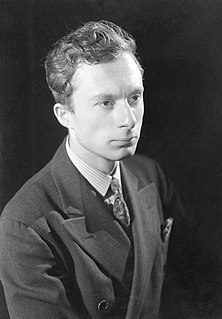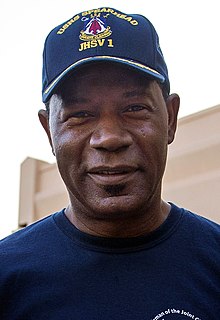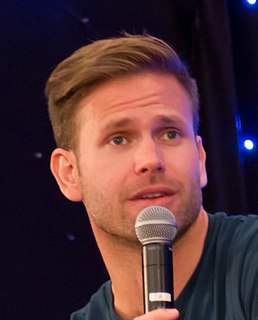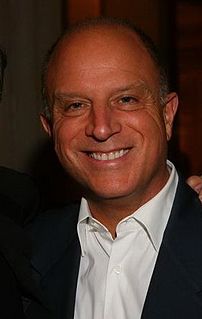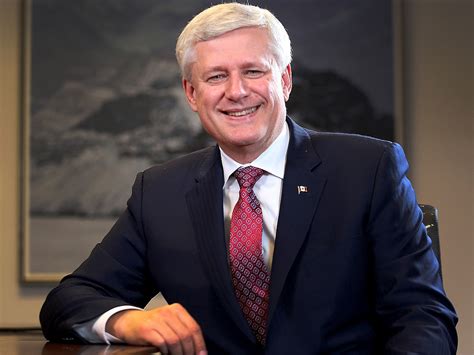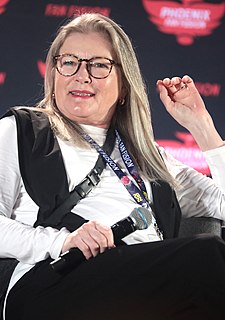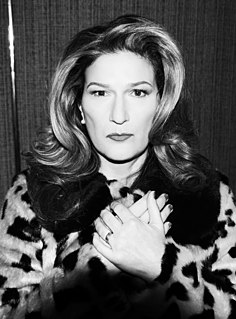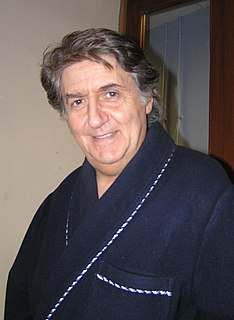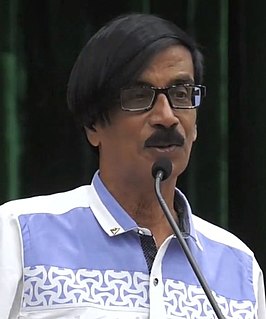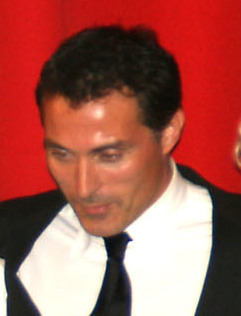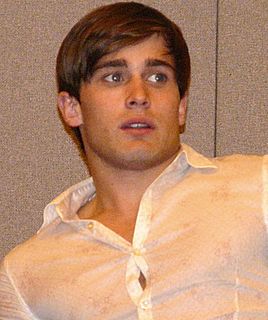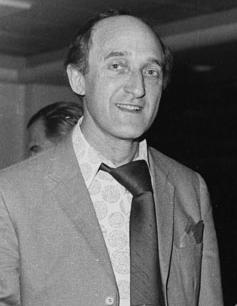A Quote by Norman Lloyd
If you're in the groove, you get something back from the audience that is so exciting and rewarding that no film or television work can possibly compete.
Related Quotes
I've studied theater since high school. Of course, it's a different story altogether being on Broadway, but it's still theater, and you have to be in front of a live audience, and that's very exciting. It's something I've definitely wanted to do, but I got involved in movies and television, and then it became a luxury to get back on the stage.
The first thing I say when people ask what's the difference [between doing TV and film], is that film has an ending and TV doesn't. When I write a film, all I think about is where the thing ends and how to get the audience there. And in television, it can't end. You need the audience to return the next week. It kind of shifts the drive of the story. But I find that more as a writer than as a director.
Michael Bay and his team are experts in exciting tentpole-type film and television, and the combination of their film experience plus the great television writers that have come on will be really successful in bringing us something really unique. We are looking to put on these big canvas shows, and Black Sails is going to fit into that. The scripts have been terrific. Everything that we are trying to do is incredibly ambitious, and this is certainly in that category.
I've always loved theatre because it's so immediate. The challenge of it is that, career wise, it's easier to get traction in the industry if you do film and TV because the audience is larger, and because the work can be seen for a longer period of time. I did solid work in a series of regional and Off-Broadway shows, but the work I did on TV or film will have a longer life with a larger audience (and with services like Netflix). Ultimately, there's something intimate about TV, because the storytelling and the actors come home with the viewer. It can be powerful because of that.
It makes sense that it's so different from film and television, because it's so in-depth. As actors, when we're in film or television, we can have transcendent moments and we get to work with really creative and incredible people, but it's such a small percentage of your time that's about your process.
It's the digital era. What makes it exciting is that it's both the Golden Age of television and the Wild West of television. Something is happening now that's unprecedented, and we know that we're a part of it. What could be more exciting or better than that? You can't lose because you're on the pony and you're staking the claim.
The reason I live in America is because I mean literally every six or seven years I've done something in England. The last lead I had in an English film I did was 1998. So that's why I live here. It's because I get more work. I'll travel back for radio, you know what I mean. I've just got to consider myself to be living in the middle of the ocean, and that way I have a really nice career, if I'm prepared to do television, radio, theater, and film.
I grew up doing plays - I went to a stage school after school - and it's always something that I've wanted to do, but, in a weird way, if you do television and film and you didn't go to drama school and don't have a theatrical background, it's hard to get your foot in the door. In the same way that it is for theater actors to get into television and film. There's a weird prejudice that goes both ways.
One of the things about crowd work that's so exciting is when you discover a character in the audience who's interesting or funny, who you can vibe off of. If someone's got a weird job that you can make reference to throughout, or you can bring that person onstage - humiliate them, or celebrate them! You can put people in conversation with one another. The best is when something that they're doing can reflect back on something that you're doing.
